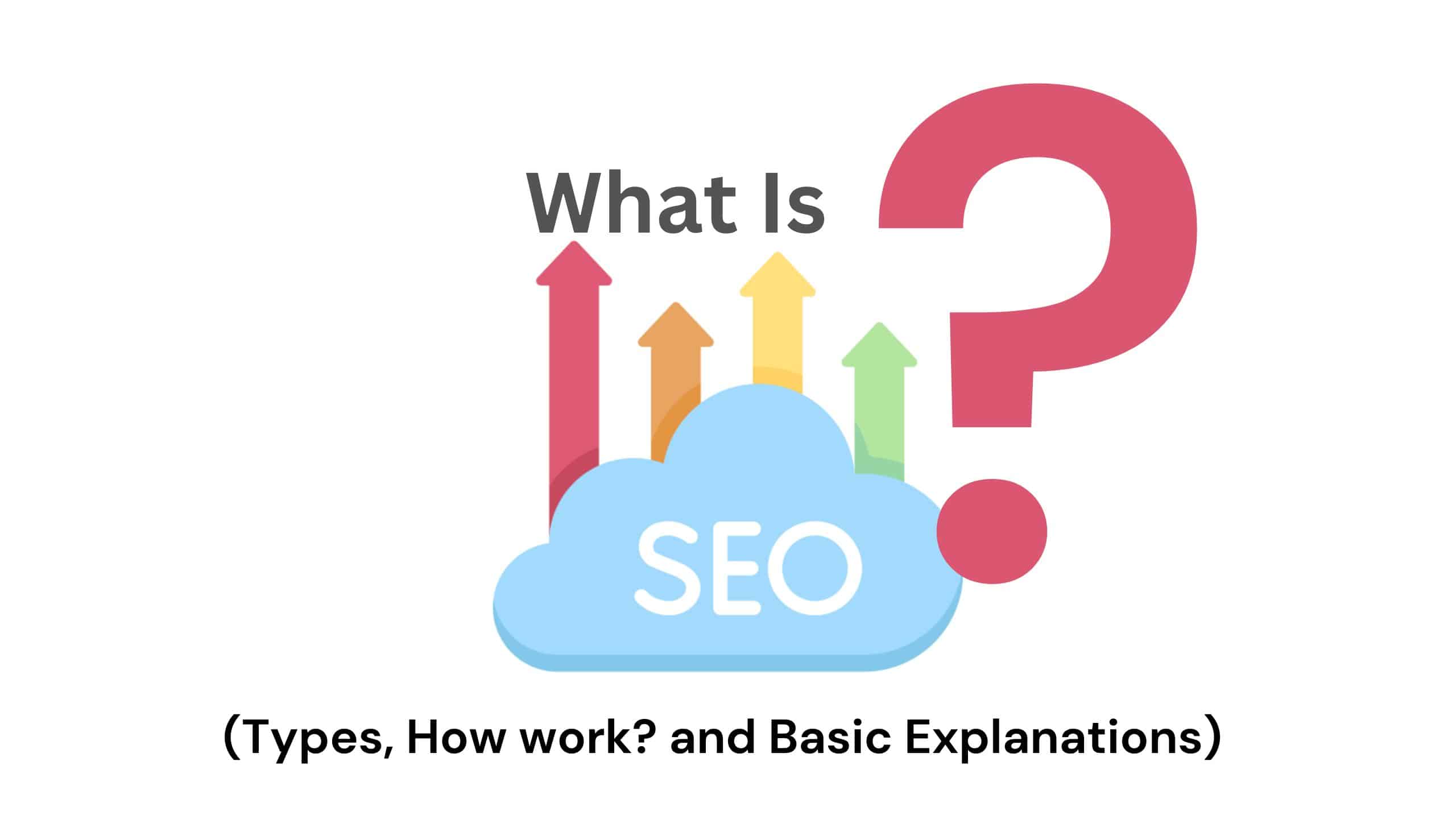In today’s highly competitive digital landscape, small businesses are constantly seeking effective strategies to gain a competitive edge and attract local customers. Local SEO (Search Engine Optimization) has emerged as a powerful tool to enhance the online visibility of businesses and connect them with their target audience within a specific geographic area.
In this comprehensive blog post, we will explore the profound impact of local SEO on small businesses and provide detailed insights and strategies to boost your local presence. By understanding and implementing these tactics, you can significantly improve your online visibility, attract local customers, and grow your business within your community.
1. The Significance of Local SEO for Small Businesses:
Local SEO is the process of optimizing your online presence to appear in local search results when potential customers search for products or services in their vicinity. For small businesses, local SEO offers numerous benefits, including:
a. Enhanced Visibility: By implementing local SEO strategies, you can improve your visibility in local search results, making it easier for local customers to find and engage with your business.
b. Targeted Traffic: Local SEO allows you to target customers within specific geographic areas, ensuring that your marketing efforts are focused on the right audience.
c. Increased Conversions: When your business appears prominently in local search results, it increases the likelihood of attracting highly qualified leads who are more likely to convert into paying customers.
2. Optimizing Your Google My Business Profile:
Google My Business (GMB) is a critical component of local SEO. It enables you to create a comprehensive business profile that appears in Google’s local search results and Google Maps. To optimize your GMB profile:
a. Claim and Verify Your Listing: Claim ownership of your business on GMB and go through the verification process to ensure accuracy and legitimacy.
b. Provide Accurate Information: Fill out all the relevant details, including your business name, address, phone number, website URL, business hours, and category. Ensure that the information is consistent across all platforms.
c. Encourage Customer Reviews: Positive customer reviews can boost your local rankings and credibility. Encourage satisfied customers to leave reviews on your GMB profile and respond to their feedback promptly.
3. Conducting Local Keyword Research:
To effectively optimize your website for local SEO, it’s crucial to conduct local keyword research. Follow these steps:
a. Identify Local Search Terms: Research keywords that are relevant to your business and frequently used by local customers when searching for products or services.
b. Long-Tail Keywords: Focus on long-tail keywords that include location-specific modifiers to target customers in your area.
c. Keyword Tools: Utilize keyword research tools like Google Keyword Planner, SEMrush, or Moz Keyword Explorer to discover relevant local keywords.
4. On-Page Optimization for Local SEO:
To ensure your website ranks well in local search results, optimize your on-page elements:
a. Title Tags and Meta Descriptions: Include location-specific keywords in your title tags and meta descriptions to improve relevance and attract local customers.
b. URL Structure: Optimize your URL structure to include relevant keywords and locations.
c. Heading Tags: Utilize H1, H2, and H3 heading tags to organize your content and include local keywords where appropriate.
d. Content Optimization: Create high-quality, informative content that incorporates local keywords naturally.
5. Building Local Citations:
Local citations are online mentions of your business name, address, and phone number (NAP) on various directories, review sites, and local business listings. Building local citations helps establish your business’s credibility and improves local search rankings. Follow these guidelines:
a. Consistent NAP Information: Ensure that your NAP information is consistent across all platforms, including your website, social media profiles, and online directories.
b. Directory Listings: Submit your business to reputable online directories and local business listings. Focus on industry-specific directories and platforms that are popular within your local community.
c. Reviews and Ratings: Encourage customers to leave reviews and ratings on platforms like Google My Business, Yelp, and TripAdvisor. Positive reviews can boost your local reputation and attract more customers.
6. Mobile Optimization:
With the increasing use of mobile devices for local searches, optimizing your website for mobile is crucial. Mobile optimization ensures that your site is user-friendly, loads quickly, and provides a seamless browsing experience on smartphones and tablets. This includes responsive design, fast loading times, and easy navigation.
7. Local Link Building:
Building high-quality, relevant links from local sources can significantly boost your local SEO efforts. Seek opportunities for local link building, such as collaborating with other local businesses, sponsoring local events, or contributing guest posts to local websites or blogs. Local link building helps establish your authority within the local community and improves your local search visibility.
8. Social Media Engagement:
Engaging with your local audience through social media platforms can amplify your local SEO efforts. Share local content, respond to customer comments and messages promptly, and run location-specific social media campaigns. This helps build brand awareness, foster customer loyalty, and increase your local visibility.
9. Monitoring and Analytics:
Regularly monitor your local SEO performance using analytics tools like Google Analytics and Google Search Console. Track key metrics such as organic traffic, local keyword rankings, customer engagement, and conversions. Analyzing data and identifying trends can help you refine your local SEO strategies and make data-driven decisions.
10. Continuous Optimization:
Local SEO is an ongoing process that requires continuous optimization and adaptation. Stay updated with the latest trends and algorithm changes in local search. Regularly review and update your website, content, and online profiles to ensure they remain relevant and aligned with local search intent.
Implementing effective local SEO strategies is essential for small businesses aiming to boost their local presence, attract local customers, and grow within their communities. By optimizing your online presence, leveraging local keywords, building citations, engaging with the local community, and monitoring your performance, you can enhance your visibility in local search results and gain a competitive edge.
Remember, local SEO is an ongoing process that requires consistent effort and adaptation. Stay committed to delivering a superior local experience, and you’ll reap the rewards of increased visibility, customer engagement, and business growth within your local market.





